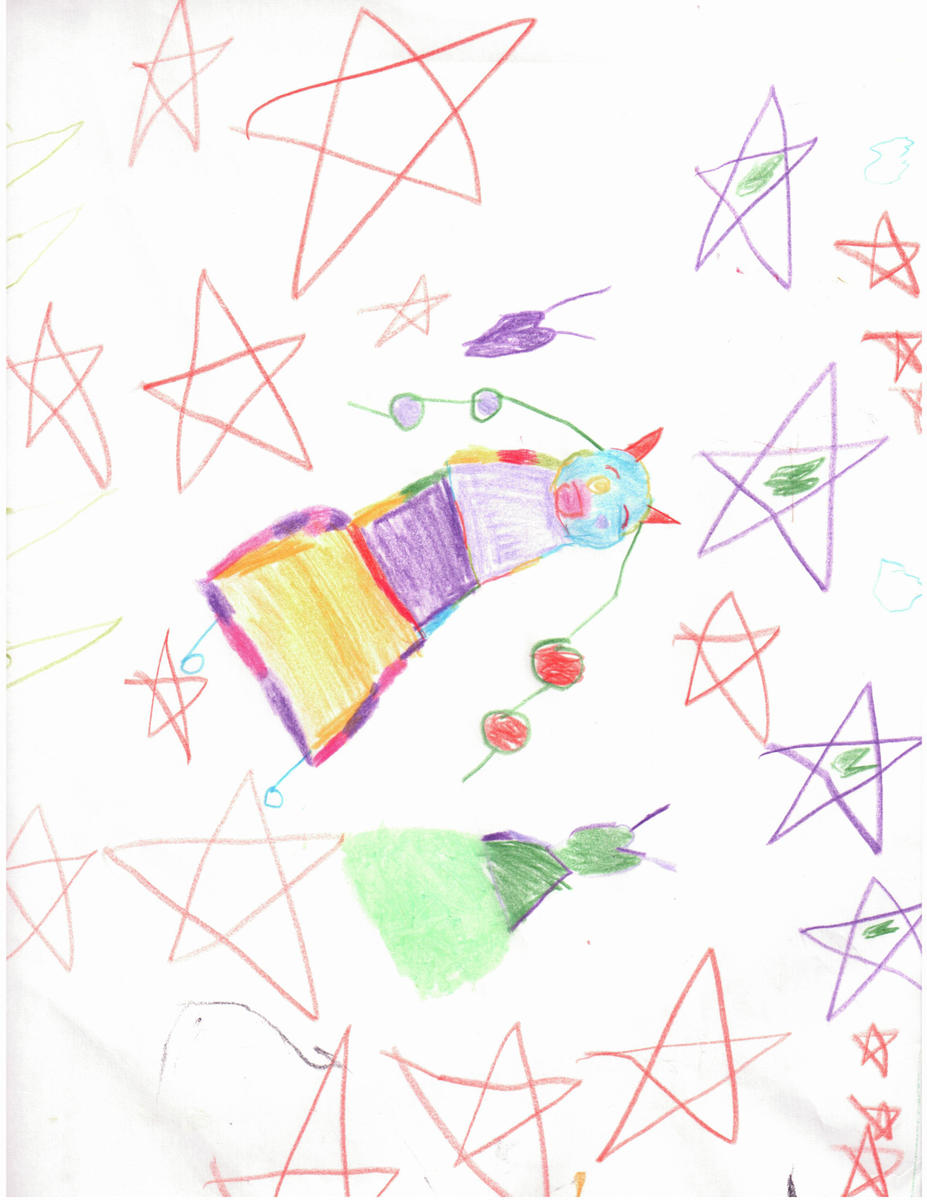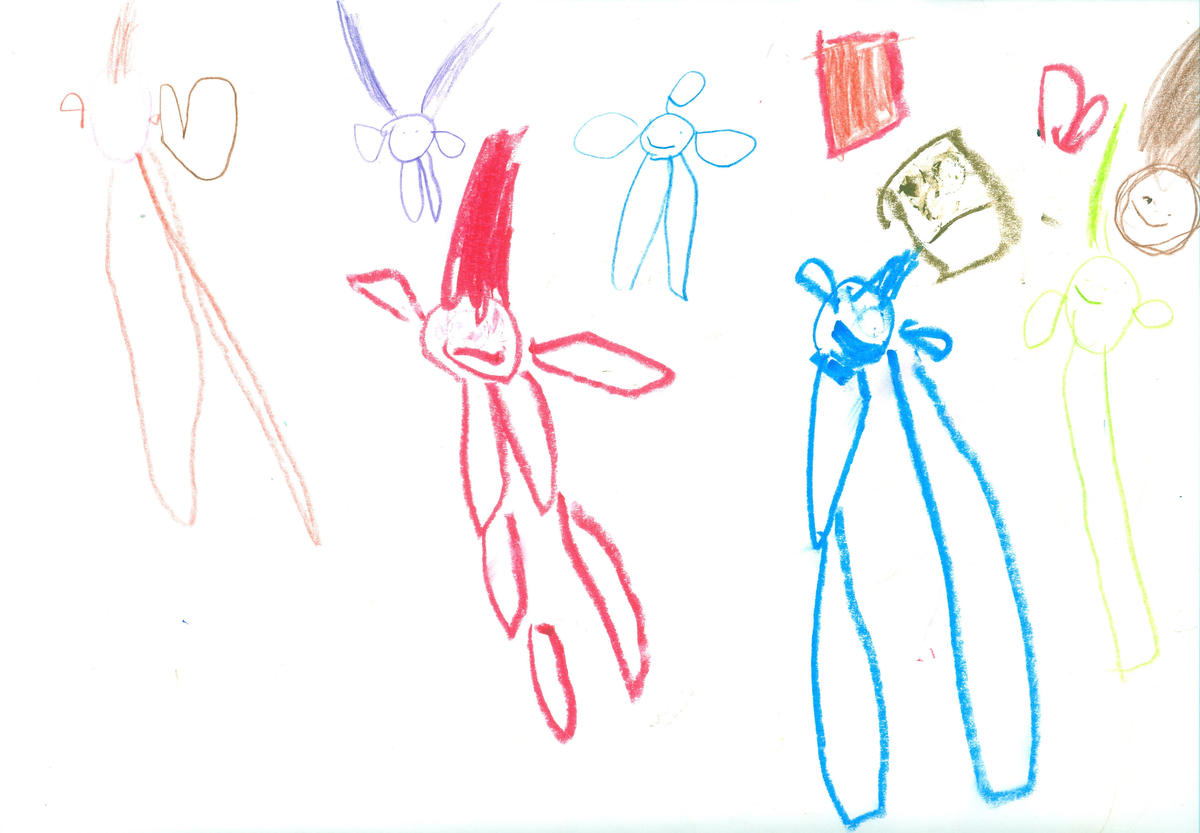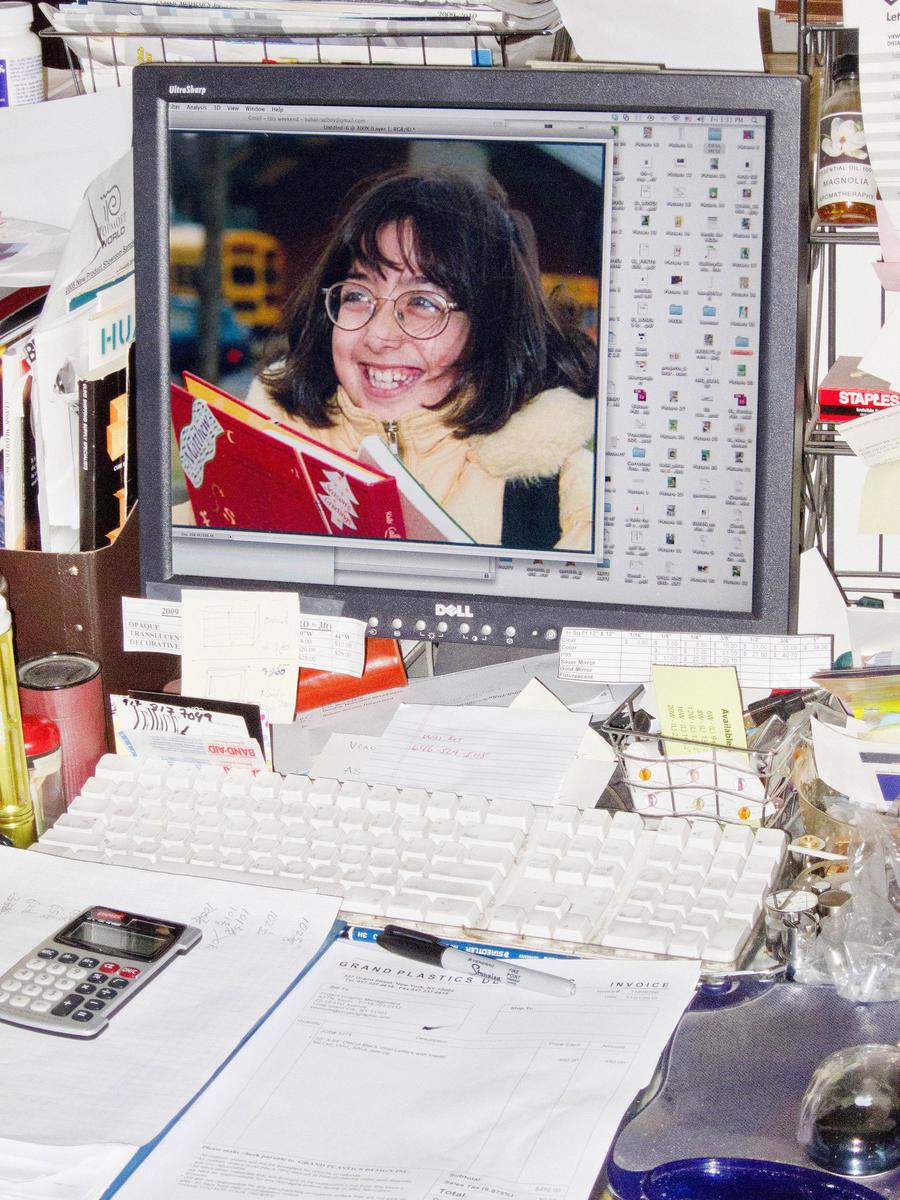
Alia Sabur holds the Guinness World Record for youngest professor, having attained the position of lecturer in the Department of Advanced Technology Fusion at Seoul’s Konkuk University at the age of eighteen. When her IQ was tested in the first grade, it was literally off the scale. She was the kind of student you might instinctively envy, were she not half your age (she started college at Stony Brook University when she was eleven — the same year she conquered Mozart’s “Clarinet Concerto”). You might, then, find her endearing; and yet there’s something more daunting than cute about a four-footer in OshKosh B’gosh doing differential equations (especially one whose last name means “patient one” and is among the ninety-nine monikers of Allah).
Alia, twenty-one, was raised in New York City and Long Island by her parents, Julie and Mark, and is currently pursuing a law degree at Georgetown University. Though she had until recently been dedicated to materials science, a falling out with her PhD adviser at Drexel University — she accused him of using her ideas to apply for grants and patents; he accused her of plagiarism — left her disillusioned. Now she wants to help other students by developing a legal framework for protecting their research — while continuing to play the clarinet and giving inspirational speeches on topics like “the power to make a difference,” “the right choice,” and the “rage to learn.”
Her mother, Julie, who left a job as a TV reporter so that she could manage Alia’s education and escort her to college classes, spoke with Bidoun about the challenges of being (and raising) a child genius.
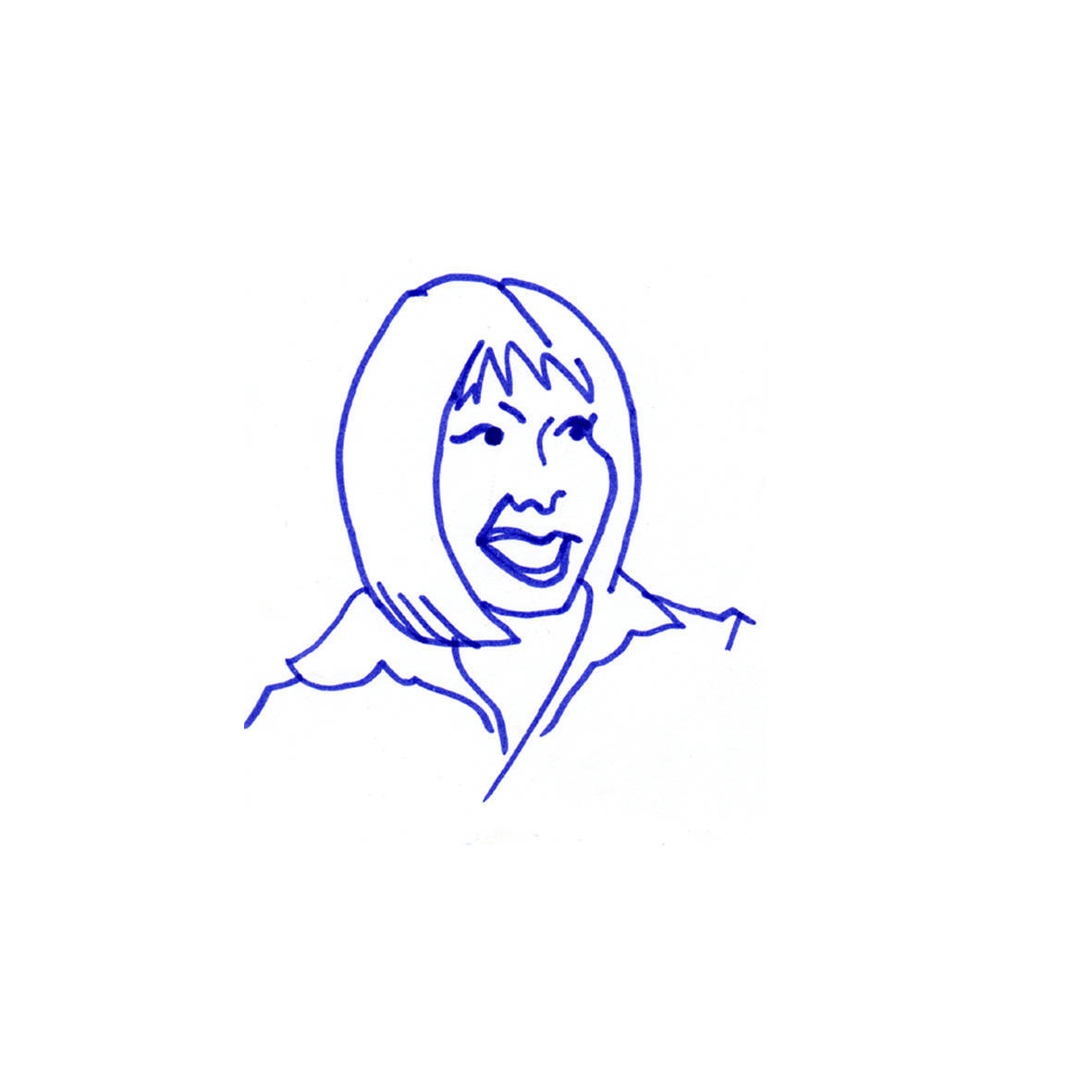
Alexander Provan: Where are you and your husband from?
Julie Sabur: I’m not going to get into this ethnic stuff except to say that Alia is not Iranian. She’s from New York.
AP: So she has a New Yorker’s drive — not an Iranian’s. Did you and your husband meet in New York as well?
JS: We met and grew up there. We moved to Philadelphia in 2004.
AP: What do you and your husband do for work?
JS: My husband is an electrical engineer, and I was working as a journalist until I began managing Alia’s education full-time.
AP: When did you realize that Alia had special abilities intellectually?
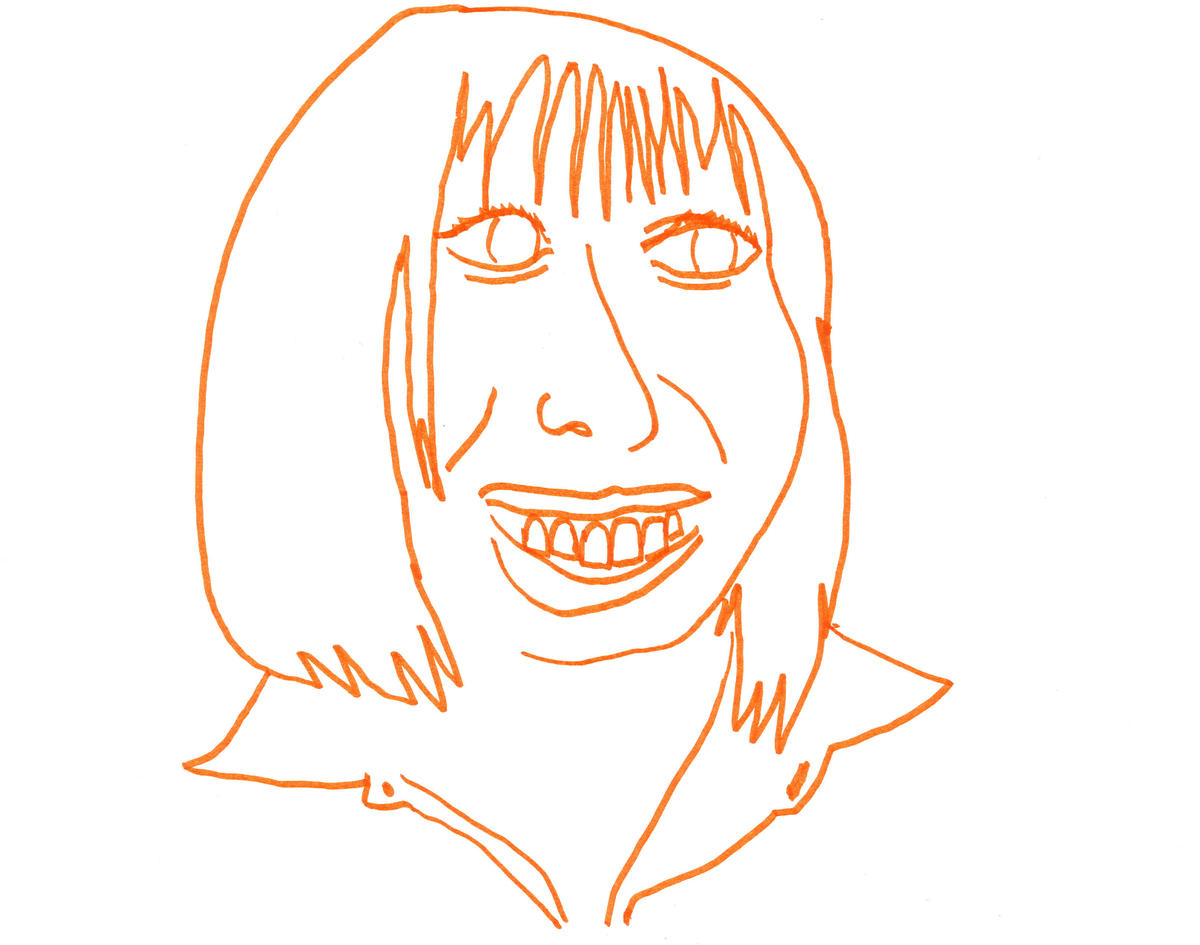
JS: She started reading when she was eight months old. We were first-time parents, so we didn’t think too much of it.
AP: Really? That seems like it would be a shock, regardless. One day she just figured it all out?
JS: Yeah, suddenly she just burst out with words. You know — street signs, cars, food in the supermarket, books.
AP: And this wasn’t because you had been reading Moby Dick to her every night or anything.
JS: No. We didn’t even say, “That’s Barbie.” We didn’t talk to her or teach her or anything like that. It was a total surprise. She just started doing it.
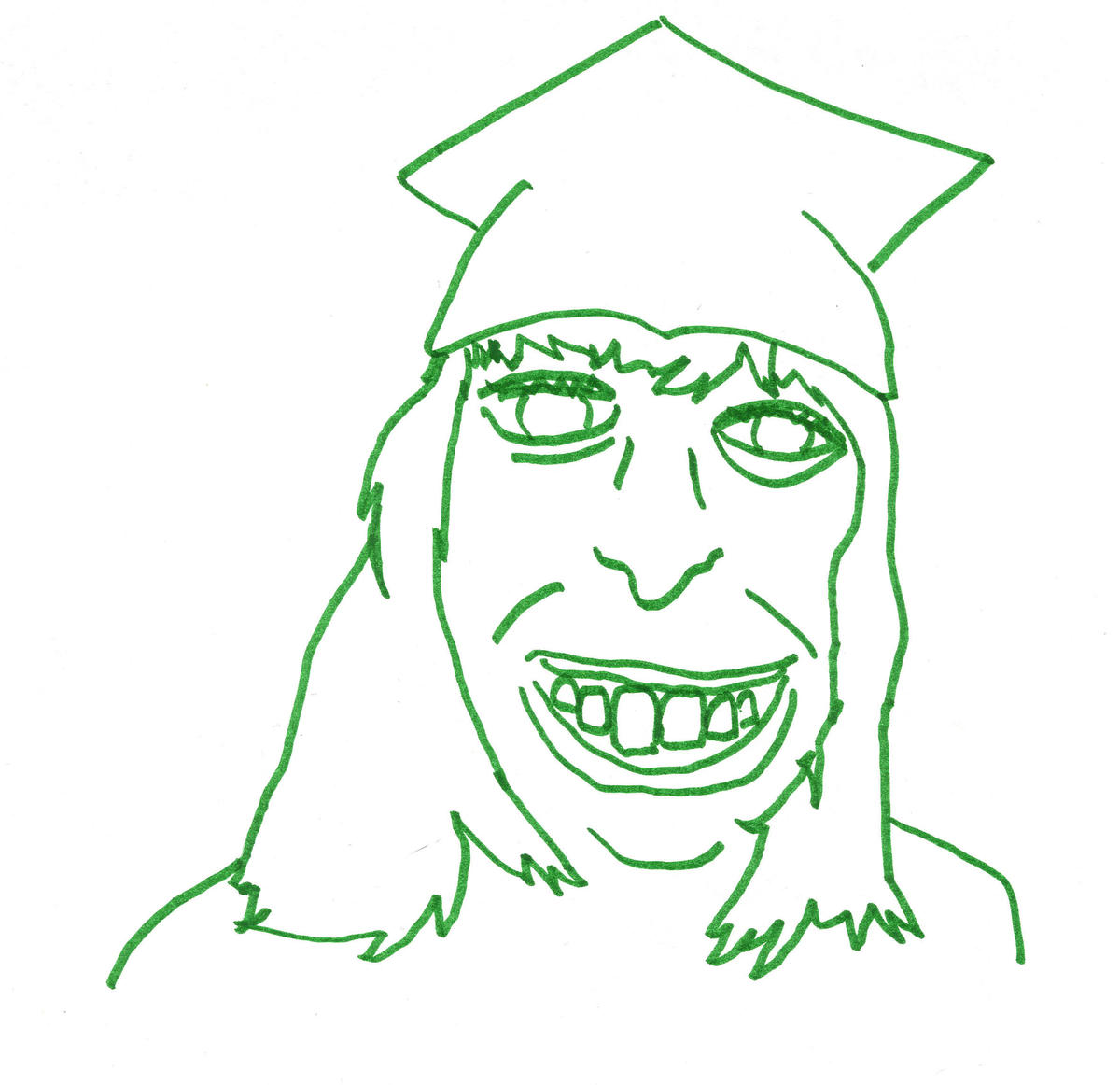
AP: Did you have to send her to school early because of this?
JS: She went to a regular preschool in the neighborhood — we lived in Long Island. It was not a school for accelerated or gifted children. By the time she was three, she started asking for a “learning” school. We sort of — what’s the word? — cajoled her, because we felt that she needed to be in normal school. So she did, and she got what we were told was the right amount of socialization. She found it weird — not weird, but she would notice that when the students would sit in a group and the teacher would read the words on a blackboard, Alia could read the words and the others couldn’t. But mentally she didn’t make a big deal of this. She just thought, “Oh well, I can and they can’t. No big deal.” She was just a little kid. Then we visited this other preschool where they had computers in the library, and after that it was kind of hopeless. Alia wanted to go to the learning school with the computers. Period. The elementary school in our district told us that she should go there, because the kindergarten she was in was not academic at all — they would just be teaching kids the letters of the alphabet. That was not the place for her.
AP: How did you weigh the value of Alia being challenged academically against her socializing in a normal way?
JS: After preschool she would go with her dad to the library, where she read and played with computers and puzzles and had a little reading group with kids who were older then her. That seemed to be okay. And then we had books and magazines at home — whatever normal adult stuff was around. We didn’t really think about it that much initially. When she started to read novels when she was two, we thought it was cool but a little weird.
AP: But at a certain point you run out of age-appropriate books for two-year-olds. And then you have to decide whether or not you want to expose your daughter to certain facts of life in books made for older kids, which she may not understand. A two-year-old doesn’t have a lot in the way of context.
JS: Oh, she read with full comprehension. It wasn’t just words. She didn’t read historical novels or anything — she was reading Charlotte’s Web. I guess these books weren’t age-appropriate, because people don’t read at all when they’re two, but they were non-disturbing or non-historical books. She was really interested in science, so she would read her dad’s Popular Mechanics.
AP: Had she already decided that she wanted to go into the sciences?
JS: My husband likes to do handy stuff. When he was building our porch at the time, Alia would walk around with a little baby screwdriver and hammer and take measurements. She would say, “Daddy, inches?” And then she would tell him how many inches. That was adorable. Then he would ask her for nails or screws and she would give them to him. She knew the difference between the various sizes — I have no idea how. We didn’t make a big deal about it. And, later, when people did make a big deal about it, Alia became uncomfortable.
AP: She recently completed work on her materials science and engineering PhD at Drexel. Was she interested in that field when she was this young?
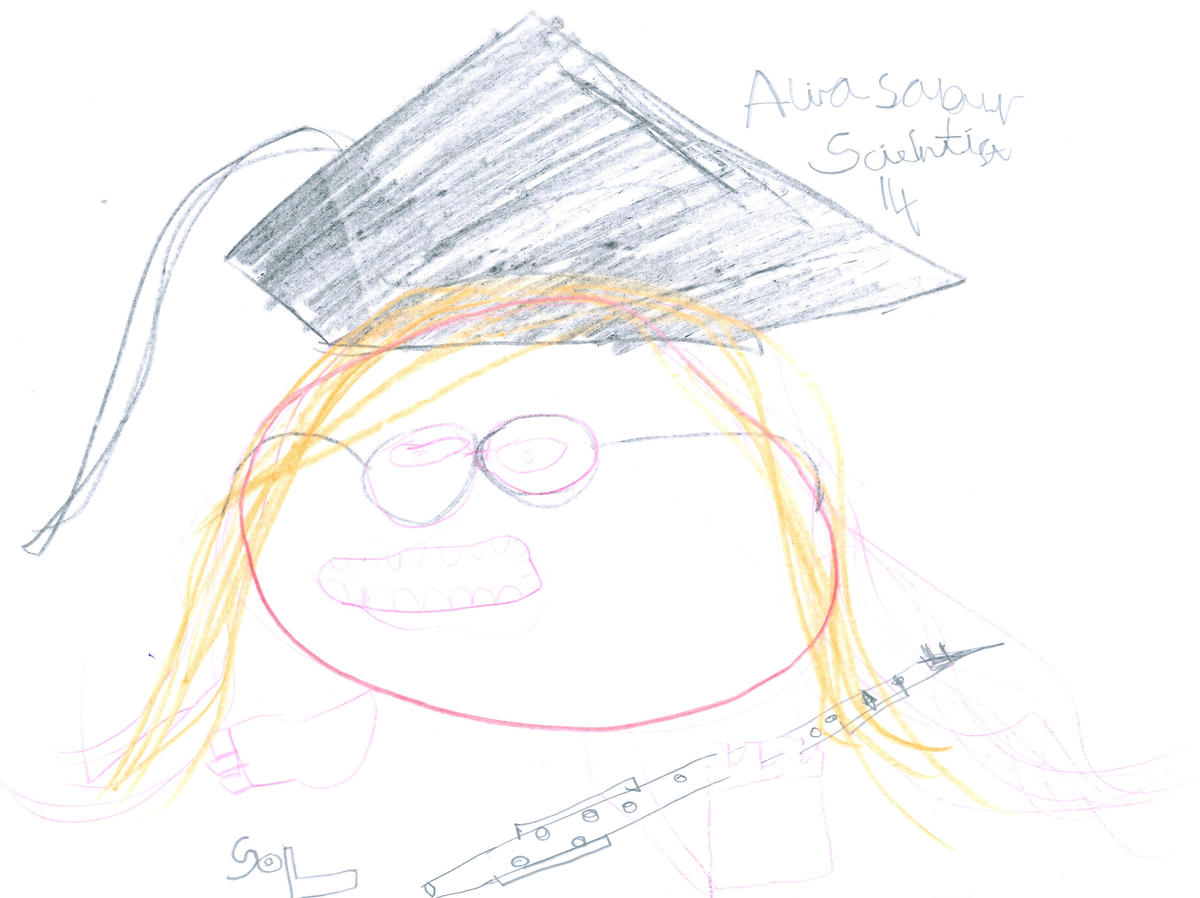
JS: She became really interested in nuts and bolts and how things worked. She would watch a lot of do-it-yourself TV shows about construction and home repair. She read the Time-Life books. And she just became fascinated with all aspects of science, from astronomy to mechanical engineering. She later became very interested in theoretical physics and, additionally, applied physics. Her fascination was in how things work. And it ended up manifesting itself in physics and math.
AP: She was in elementary school at this point?
JS: Yeah. The teachers at her school found it very difficult, because she had gone past the elementary school curriculum. She was so advanced in every subject that they just couldn’t manage. It was nice socially but useless academically. They would give her words for spelling that were baby words. Every teacher had to be retrained. They would try to slow her down and have her do a second year of fourth-grade math, which is like telling someone who passed an AP exam, “Oops, sorry, you have to do that again.” So they advised us to go to the elementary school with more resources.
AP: Obviously this is every parent’s dream to some degree: to have a kid who’s really smart and is achieving a lot at a young age. But at a certain point you must recognize that, as exciting as it may have been, it was going to be a challenge for you.
JS: Education was a challenge. In the elementary school she ended up going to, there was a very creative principal who was willing to take risks, and he sent her to the high school for a lot of classes, with an aide. This was when she was seven. But she didn’t want to miss her social times, like when they did art, gym, and lunch.
AP: And that didn’t make her socially anxious?
JS: No, it was the best of both worlds.
AP: This was around the time she started playing the clarinet seriously.
JS: She picked up the clarinet at the end of first grade. The only other instruments that were small enough for her to play were the violin or the flute. She chose clarinet because she had watched The Benny Goodman Story on TV and heard him play things like “Sing, Sing, Sing,” but also because of the Mozart “Clarinet Concerto.” She made it her mission to play the “Clarinet Concerto,” and she listened to it over and over and over again.
AP: This was one of the many activities she did after she had basically finished high school but was still stuck in fourth grade?
JS: Yeah, for the entire year of fourth grade she did nothing. She would bring books from home and go to the library to read them. She started doing calligraphy. That was the year that she really worked on her clarinet. And got her black belt.
AP: Her black belt?
JS: She started doing tae kwon do when she was six and got her black belt when she was nine. Well, this happened at her ninth birthday party, so some people say she got it when she was eight.
AP: Sounds like a rough year.
JS: At the end of every school year she’d look back and review it, evaluating what had happened.
She always really liked elementary school. She had a decent amount of friends, she knew everybody — it was a really nice experience. They celebrated her difference there — they didn’t make her feel weird at all. But at the end of the fourth grade, when she looked back, she had mixed feelings. She felt like she’d been deprived of an education.
AP: Had the blessing of her being gifted become something of a low-level curse?
JS: We realized that it was a blessing — and not a curse — that would involve some challenges. And I would say “accelerated” is a better word than “gifted” — or, prodigious, because that’s what it really was. We never really considered her gifted, because that had all kinds of connotations to it. I don’t like the word. We considered her a prodigy. That’s our personal approach, our philosophy.
AP: As she’s grown up, Alia’s become increasingly interested in using her considerable talents to help others. She was teaching in Korea recently, but before that, in 2008, she taught math and physics at Southern University at New Orleans, which had been devastated by Katrina, with all the classes being held in trailers. She also spent some time recently trying to devise a solution for plugging the BP’s oil well in the Gulf. And she’s also… working on a cure for cancer?
JS: Well, from the time she was little, she liked being nice to kids, especially kids who needed extra attention. And I think it was just because she was sensitive to those kinds of kids, and it offended her to see others treat them poorly. She found it a challenge to… some people hate math, and she found it very rewarding to work with students who despise math and wanted to run out of the room when they saw a formula and work with them until, at the end of they day, they told her that they liked it.
AP: I’ve read that her interest in working in the hard sciences has waned since a recent episode with her PhD advisor at Drexel — she accused him of plagiarizing her work and he, in turn, accused her of plagiarism.
JS: The advisor derailed her PhD, even after she was exonerated from all wrongdoing. You don’t charge a scientist of any age with misconduct unless you’re absolutely sure, because a scientist’s life is based on her credibility. She was falsely accused because — I can’t say much more because it’s in binding arbitration. So it’s over, but it’s not really over.
AP: This must have come as quite a shock.
JS: Yeah, this happened when she was eighteen, and she was devastated. She’d been studying science since she was two. This made her realize that some scientists are more focused on greed and selfishness. They’re not there to teach. They kill and murder each other to get more money for research. Right now PhD students aren’t protected by the law, and their advisers have absolutely no one to answer to — they’re totally autonomous. And since there’s no educational malpractice from kindergarten to the PhD level, they get away with it.
So Alia decided to get a law degree — she’s in her first year at Georgetown — to see if there was some way that she can change that, and give people some way of protecting their work.
